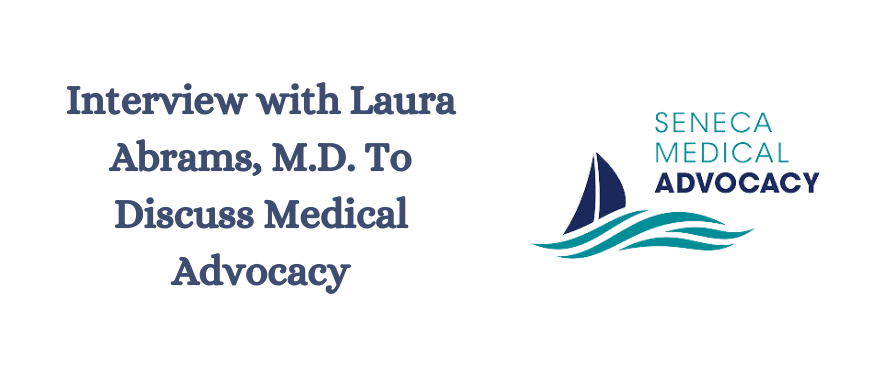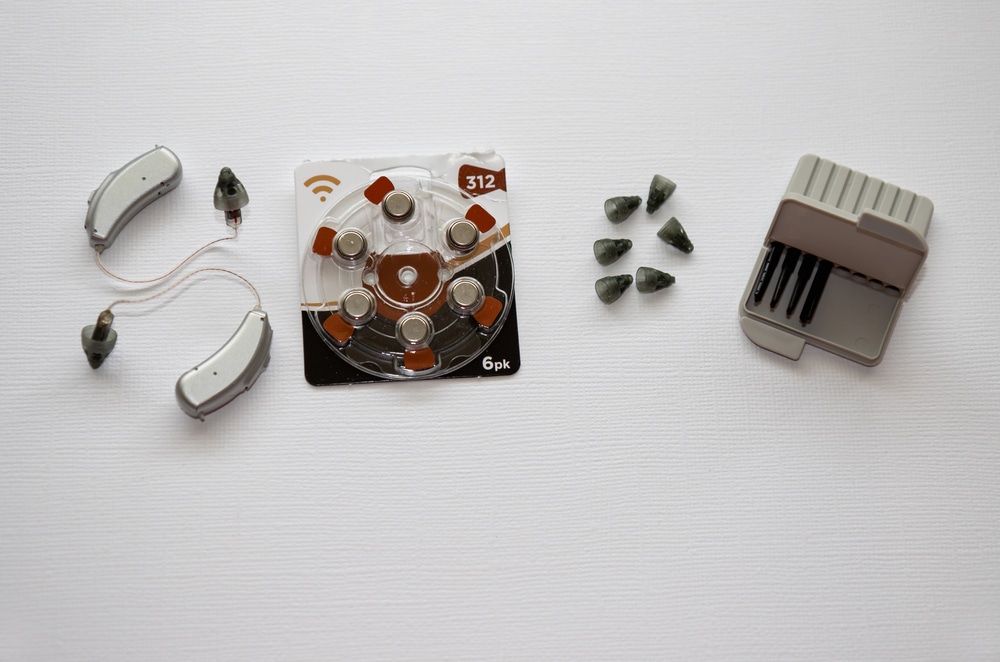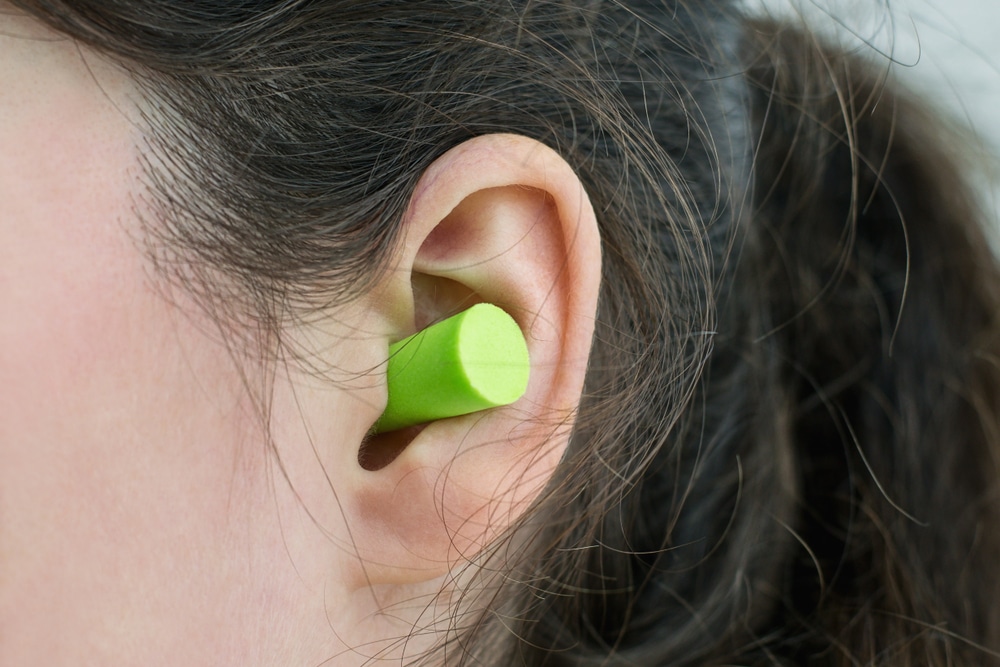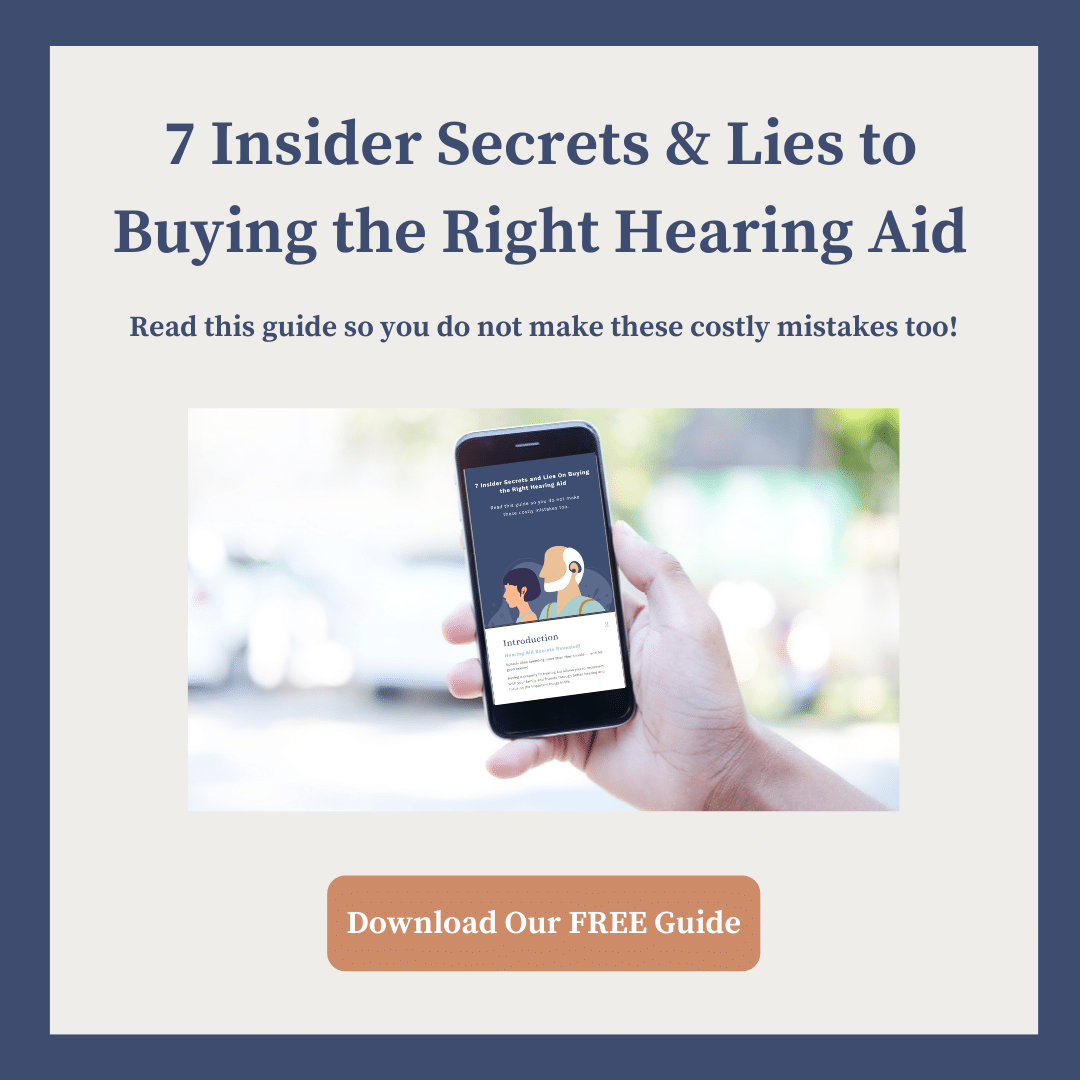At Hearing Doctors of New Jersey, we know your hearing health and overall well-being are connected. Recently, I met with Dr. Laura Abrams, the founder of Seneca Medical Advocacy (SMA), and wanted to share with you what I learned. Dr. Laura Abrams is a board-certified internist who will help you or a loved one navigate complex medical situations to get the best care and treatment possible. Here’s what to know about SMA and how they can help you or a loved one struggling with a complicated diagnosis.
What is Seneca Medical Advocacy (SMA)?
Whether you or a loved one need short-term assistance with a confusing diagnosis or treatment path or desire longer-term support during a chronic illness, SMA can provide the guidance you and your family require to maneuver through the medical system. In short, SMA partners with you to:
- Evaluate your medical history in the case of an unclear diagnosis
- Research treatment options
- Help you make informed decisions about care
- Find the best medical specialists
- Facilitate communication between medical providers
SMA can help provide understanding, education, and advice about the overwhelming process of treating your life-altering medical diagnosis. In addition, SMA can investigate best practices and the latest medical research to help guide your medical journey.
Why would I need SMA’s expertise?
Do you have symptoms and testing hasn’t yet revealed a diagnosis?
SMA approaches each person in a holistic way, looking at the whole picture rather than an isolated symptom. By taking a thorough history and reviewing the latest medical research, they can determine what might be causing your symptoms and which testing modalities or specialists might be beneficial in finding the underlying cause.
Have you received conflicting opinions about treatment of your medical condition?
SMA will research the various treatment options and help you make an informed decision based on your needs and goals for care.
Do you see a lot of doctors and feel like they aren’t all on the same page about your care?
If there are many healthcare professionals involved in your care and coordination is needed, SMA will discuss your case with your providers – including your wishes regarding workup or treatment and the next steps in care, foster communication among your providers, and help bridge any gaps in care.
How can Seneca Medical Advocacy help?
Maneuvering through the healthcare system can be frustrating during times when you’re relatively healthy. When you’re sick, however, you may feel vulnerable and the idea of navigating the medical world seems overwhelming. Dr. Abrams and the team at SMA understand that these challenging periods are when it’s most critical to have a dedicated medical professional who has the time to listen to your concerns, thoroughly answer questions, and provide guidance about the best course of action to take regarding your care. They can help you navigate the complexities of the medical system to get you the care, treatment, and results you need.
Learn More
Whether you or a loved one need short-term assistance with a confusing diagnosis or treatment path, or desire longer-term support during a chronic illness, Seneca Medical Advocacy can provide the guidance you and your family require to maneuver through the medical system. They’re based in the New Jersey & New York Metro area and can also provide services remotely throughout the US. Want to learn more about how SMA can help you? Dr. Laura Abrams is offering a 30-minute complimentary phone consultation to help you take control of your health. For more detailed information, you can contact SMA at (973) 309-3995 or info@senecamedicaladvocacy.com. For more information, you can also visit their website.










